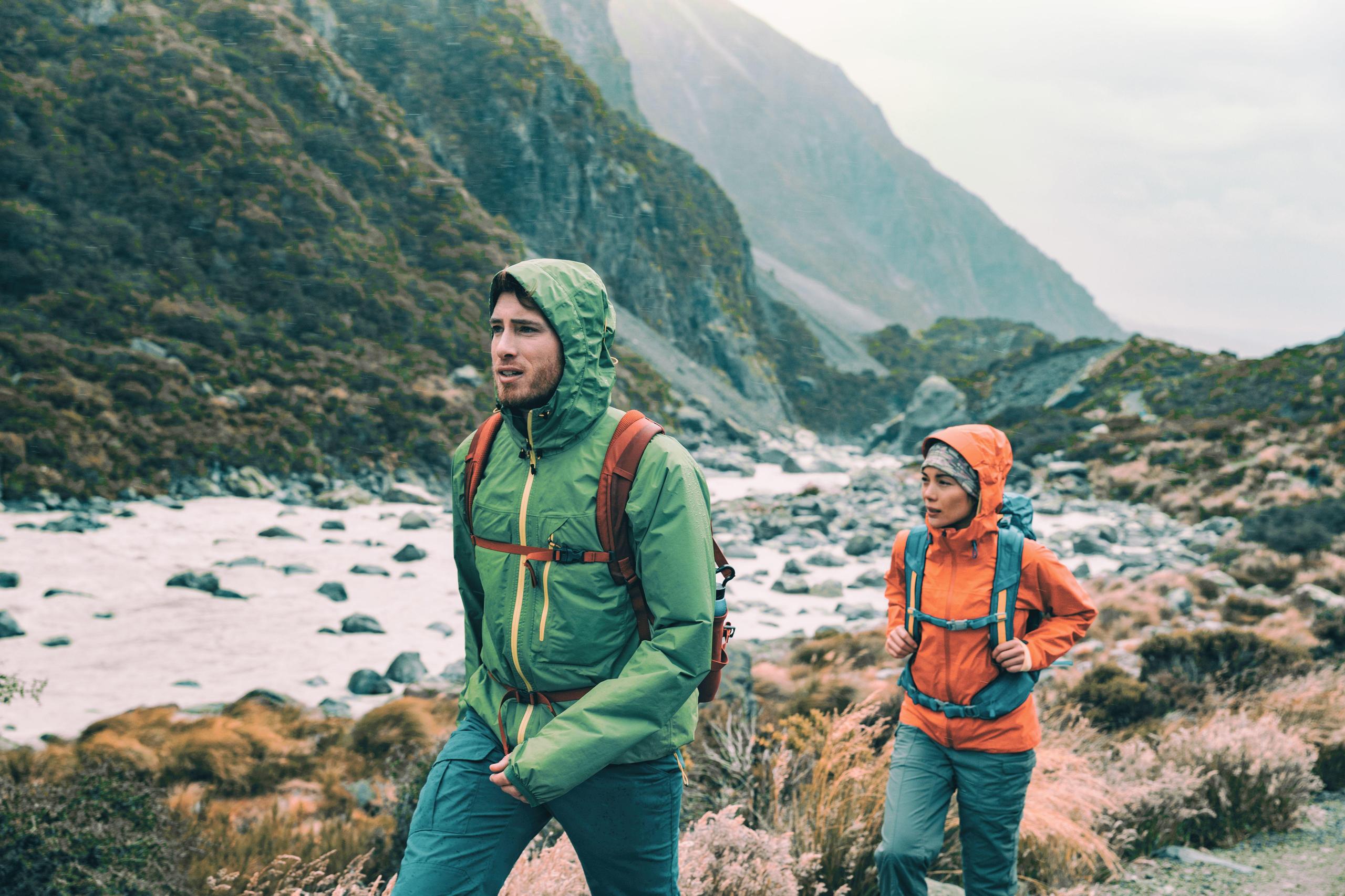
Physical and social activity ‘slows down ageing’

Exercise and social activities cause an important region of the brain to age more slowly, according to researchers at the University of Zurich.
The study showed that in people who are physically and socially more active, the so-called entorhinal cortex loses less thickness as they age.
The entorhinal cortex is a region of the brain that plays an important role in memory, as the University of Zurich explained in a statement on Thursday. The cortex, which is around 3.5 millimeters thick, is part of the cerebral cortex and acts as an interface between the hippocampus and other brain regions that are involved in memory formation and retrieval.
The thickness of the entorhinal cortex is closely related to memory performance, as the UZH researchers were able to show in a study in the journal “Neuroimage”. The more the entorhinal cortex thins out, the greater the memory loss.
The scientists examined the connections between the thickness of the entorhinal cortex, memory performance and leisure activities in cognitively healthy adults over 65 years of age over a period of seven years.
In people who were more physically active at the start of the study and met friends and family more often, the thickness of the entorhinal cortex and thus memory performance decreased less over the seven years. “Physical exercise and active leisure activities with friends and family are therefore important for brain health and can prevent neurodegeneration in later life,” said study leader Lutz Jäncke in the UZH announcement.
It was also shown that higher memory performance at the start of the study was also associated with a smaller decline. The brain can be trained like a muscle, explained the UZH.
This news story has been written and carefully fact-checked by an external editorial team. At SWI swissinfo.ch we select the most relevant news for an international audience and use automatic translation tools such as DeepL to translate it into English. Providing you with automatically translated news gives us the time to write more in-depth articles. You can find them here.
If you want to know more about how we work, have a look here, and if you have feedback on this news story please write to english@swissinfo.ch.

In compliance with the JTI standards
More: SWI swissinfo.ch certified by the Journalism Trust Initiative




























You can find an overview of ongoing debates with our journalists here . Please join us!
If you want to start a conversation about a topic raised in this article or want to report factual errors, email us at english@swissinfo.ch.